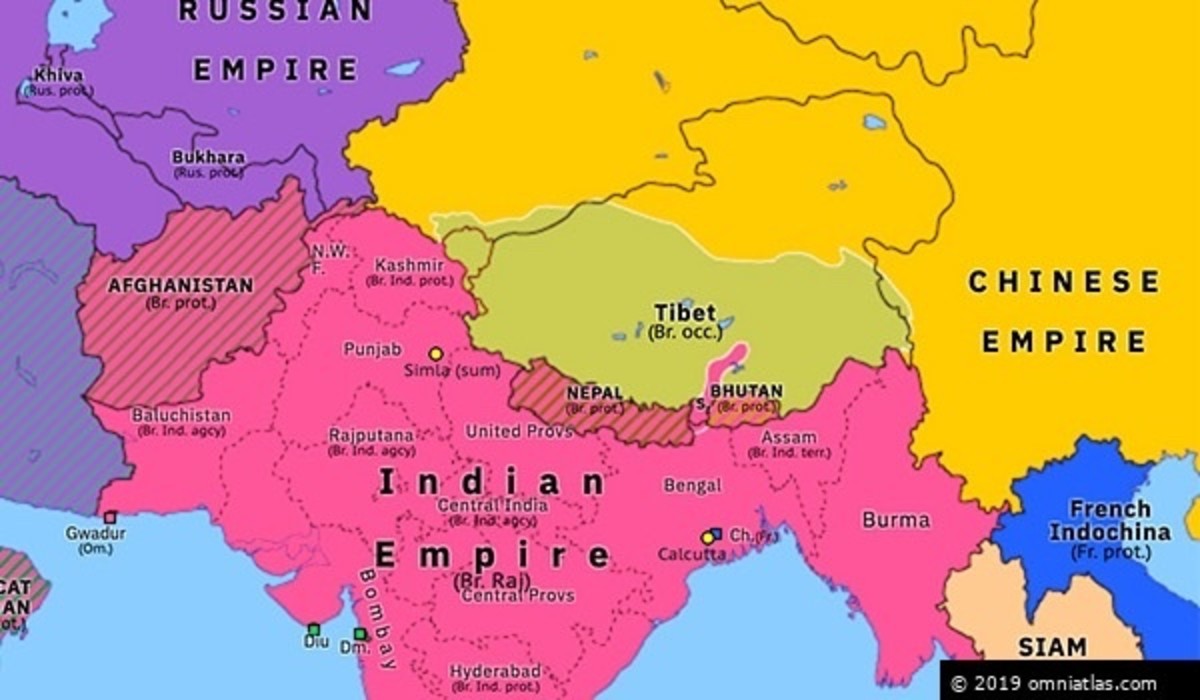China and Tibet - A new perspective.
Tibet -

China and Tibet - a new perspective.
There are many sensitive topics in China.
As a foreigner, contrary to your instincts that often push you to speak your mind, it is often better practice to plead ignorance and simply nod your head rather than offer any views that contradict the status quo. One of these sensitive, better left unsaid topics is that of Tibet - and whether or not it belongs to the Chinese. According to the Chinese people, Tibet has and always has been part of China. They claim that increased trade and development has brought new opportunities and a better standard of life to the Tibetan people. According to the Tibetans, none of this is true, and all China has brought them is increased censorship and all the development and trade has only benefited the Han Chinese immigrants, who have flocked to the region thanks to incentives from the Chinese government. This article will look at the effects of Chinese immigrants to the region on the Han Chinese themselves, and will ask the question, is this mass migration to the region really in the best interests of the Chinese people, or is the Chinese government simply using Han Chinese as pawns in their game of expanding/maintaining (depending on your views) Chinese borders? This article in now way is trying to argue for or against the Chinese when it comes to territorial claims.
Historically, the Tibetan people have lived in the Tibetan region for between 6,000 and 17,000 years. During that time, the Tibetan people have evolved and adapted to the lack of oxygen that comes with living in such high altitudes. Biologically, the Tibetan people and the Han people have similar backgrounds, and genetically are quite similar. The difference being that the Han Chinese come from areas that are far more low lying, and therefore have not had to adapt to the pressures that human beings face when living in such a harsh climate.
When travelling to the region, these problems become very obvious very quickly, even before you arrive. Whilst taking a train from Mainland China to Tibet, it is necessary to utilize oxygen masks in order to become acclimatized, otherwise you could become light headed and it is not uncommon for people who are not from that region to fall unconscious or suffer other severe medical conditions.
In fact, long term studies have shown that many of the Han Chinese people who have resettled in Tibet are experiencing a wide variety of problems, such as heart and lung conditions, blood conditions as well as losing the ability to reproduce. This is because the human body produces far too many red blood cells when at high altitudes for a long period of time, which can result in previously mentioned medical conditions, and in the end can also result in death.
This begs the question, is it really in the best interests for Mainland Chinese, in particular the Han people, to migrate to the region? The Chinese government has made it a very attractive option, with enticing tax reductions, and grants to encourage Chinese people to relocate - bringing their businesses and money to the region. This may all be well and good, but statistics show that only 10% of Chinese people have the body chemistry to deal with the harsh conditions and function at full capacity.
It is no secret that sending Han Chinese people to the region is an attempt to exert Beijing's power over the region. This has nothing to do with whether or not you believe that Tibet is part of China, because the same thing is happening in other parts of China, such as the XinJiang Region in the West of China, which is officially part of China but traditionally has had low numbers of Han Chinese citizens.
Whilst moving to the Tibetan region might be an attractive opportunity economically for Chinese people, increasing evidence is showing that health wise, it is not so beneficial for the people moving there. The Chinese government needs to take responsibility for this problem, and accept that while they may be 'fighting' against other nationalities/minority groups, they are also fighting another battle - one that cannot be won - against Mother Nature. The health and well-being of Chinese citizens should be of the greatest importance to the Chinese government, and the policy should be adjusted, at the very least, to incorporate medical reimbursements for t he people who do move their, should they need it.








